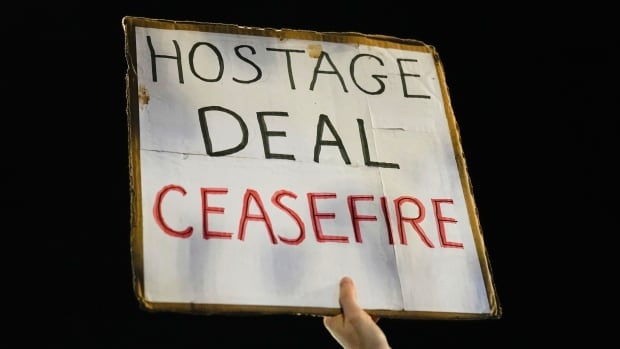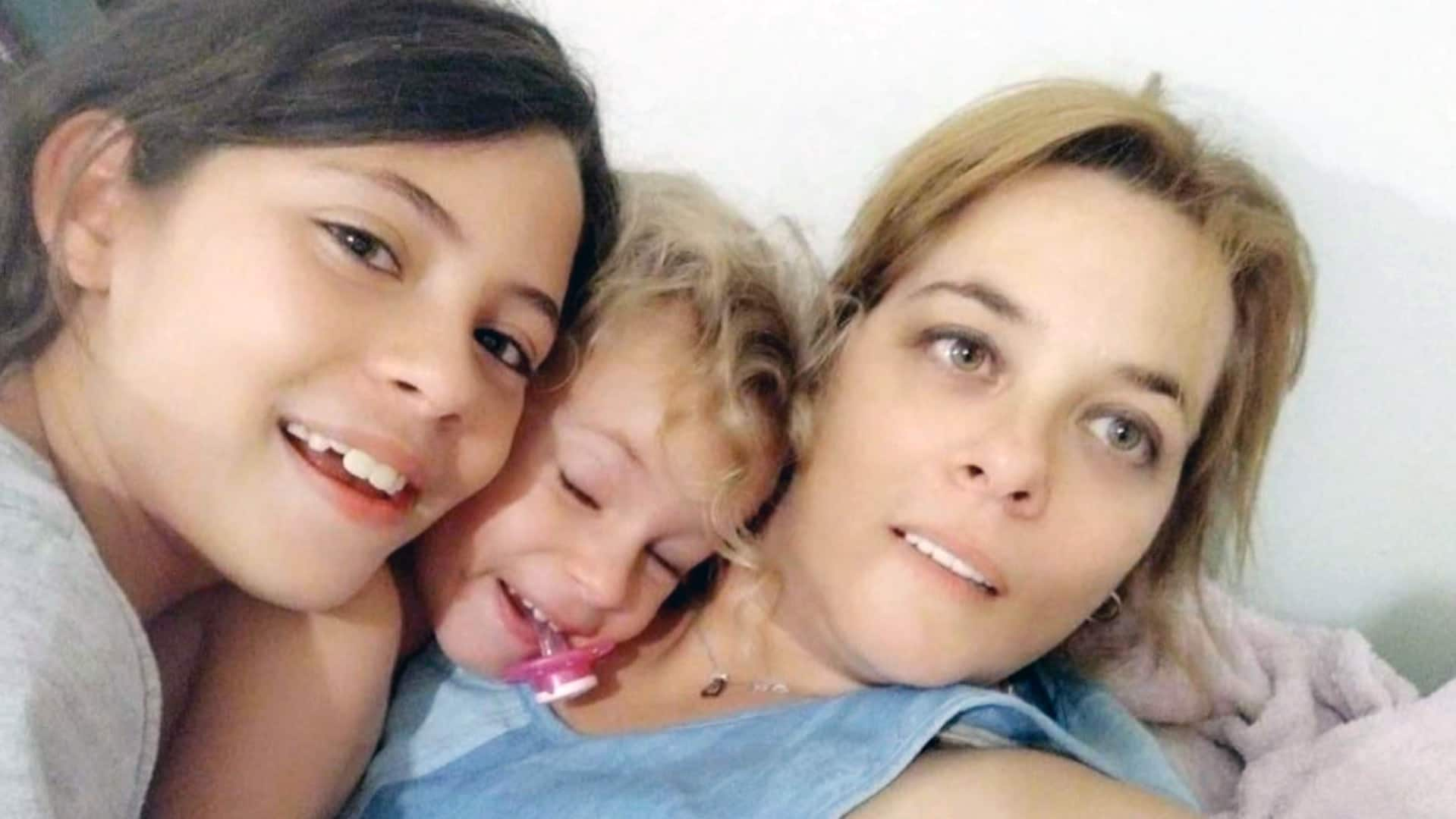The latest:
- Israel says 50 women and children to be released by Hamas.
- Hamas says 150 women and children to be released from Israeli jails.
- Israeli PM vows to continue fighting Hamas after ceasefire expires.
Israel and the Palestinian militant group Hamas agreed to a ceasefire early Wednesday that would see a pause in fighting in Gaza and the release of some captives on both sides, marking the first agreement of its kind since the war began more than six weeks ago.
The deal calls for a four-day ceasefire, during which Israel will halt its military offensive in Gaza while Hamas frees “at least” 50 of the roughly 240 hostages it and other militants are holding, Prime Minister Benjamin Netanyahu’s office said. The first hostages to be released will be women and children.
“The government of Israel is committed to bringing all of the hostages home. Tonight, the government approved the outline for the first stage of achieving this goal,” the office said in a statement.
In exchange, Hamas said in a statement that about 150 Palestinian women and children will be released from Israeli jails. The pause would also allow for humanitarian aid into Gaza.
It was not clear when the truce, brokered by the U.S. and Qatar, would go into effect.
Israeli media, including Channel 12 news, said the first release of hostages was expected Thursday.
Implementing the deal must wait for 24 hours to give Israeli citizens the chance to ask the Supreme Court to block the release of Palestinian prisoners, reports said.
Featured VideoMore than 200 people are still being held hostage by Hamas, all of them with a family desperately waiting for their return. CBC’s Ioanna Roumeliotis spoke to some about what they’re going through and how they’re finding hope in the agonizing uncertainty.
Israeli offensive will resume
Ahead of the vote, which came after a six-hour meeting stretching into the early morning, Netanyahu said Israel would resume its offensive against Hamas after the ceasefire expires, and sought to assure government ministers that the break was only tactical. Top security officials also attended the meeting.
“We are at war, and we will continue the war,” he said. “We will continue until we achieve all our goals.”
Despite Netanyahu’s tough words, the government statement said the truce would be extended an extra day for every additional 10 hostages released by Hamas.
A longer-term lull could lead to pressure, both international and domestic, for Israel to end its war without achieving its goal of destroying Hamas’s military capabilities.
Netanyahu said that during the lull, intelligence efforts will be maintained, allowing the army to prepare for the next stages of battle. He said the battle would continue until “Gaza will not threaten Israel.”
The Current17:35Israel is risking hostages’ lives over ‘petty politics’: family member
4 hostages released previously
The deal does not mean an end to the war, which erupted on Oct. 7 after Hamas militants stormed across the border into southern Israel and, according to Israeli officials, killed at least 1,200 people, most of them civilians, and kidnapped some 240 others.
To date, Hamas has released only four captives: U.S. citizens Judith Raanan, 59, and her daughter, Natalie Raanan, 17, on Oct. 20, citing “humanitarian reasons,” and Israeli women Nurit Cooper, 79, and Yocheved Lifshitz, 85, on Oct. 23.
Featured VideoHamas has released two Israeli women held hostage in Gaza. Andrew Chang recounts the story of Yocheved Lifshitz, 85. How did she survive, and why was she released?
The armed wing of the Palestinian militant group Islamic Jihad announced late on Tuesday the death of one of the Israeli hostages it has held since Oct. 7.
“We previously expressed our willingness to release her for humanitarian reasons, but the enemy was stalling and this led to her death,” Al-Quds Brigades said on its Telegram channel.
The announcement came as Israeli troops battled Palestinian militants in an urban refugee camp in northern Gaza and around hospitals overcrowded with patients and sheltering families.
Israel’s retaliatory invasion into the Palestinian territory has left at least 14,000 people dead, according to Gaza’s Hamas-run government.
Wait not over for families
The return of any of the hostages could lift spirits in Israel, where the plight of the captives has gripped the country’s attention. Airwaves are filled with interviews with families of the hostages, who include babies and toddlers, women and children and people in their 80s with health issues.
The families have become a powerful force in Israel — staging mass demonstrations and marches pressuring the government to bring their loved ones home.
They have made a central Tel Aviv square their headquarters, where evocative displays like a long, white table with seats for all the hostages are meant to keep their plight in the public eye.
But the staggered releases of hostages risks triggering divisions between families of those who are freed and those who remain in captivity.
Soldiers, for instance, are likely to be among the last to be freed.
Families of the soldiers, including young women who served as spotters along the border, are likely to press the government not to resume the offensive until their loved ones return home as well.
WATCH | Mother of hostage trying to keep attention on captives:
“There are many families and many opinions,” Hadas Kalderon, whose two young children were abducted with their father, told Israel’s Channel 12 TV.
She said a deal could create openings for future agreements by building trust, but acknowledged there are dilemmas as hostages are selected for release.
“Our responsibility is to return everyone,” Kalderon said. “But let’s be realistic.”



